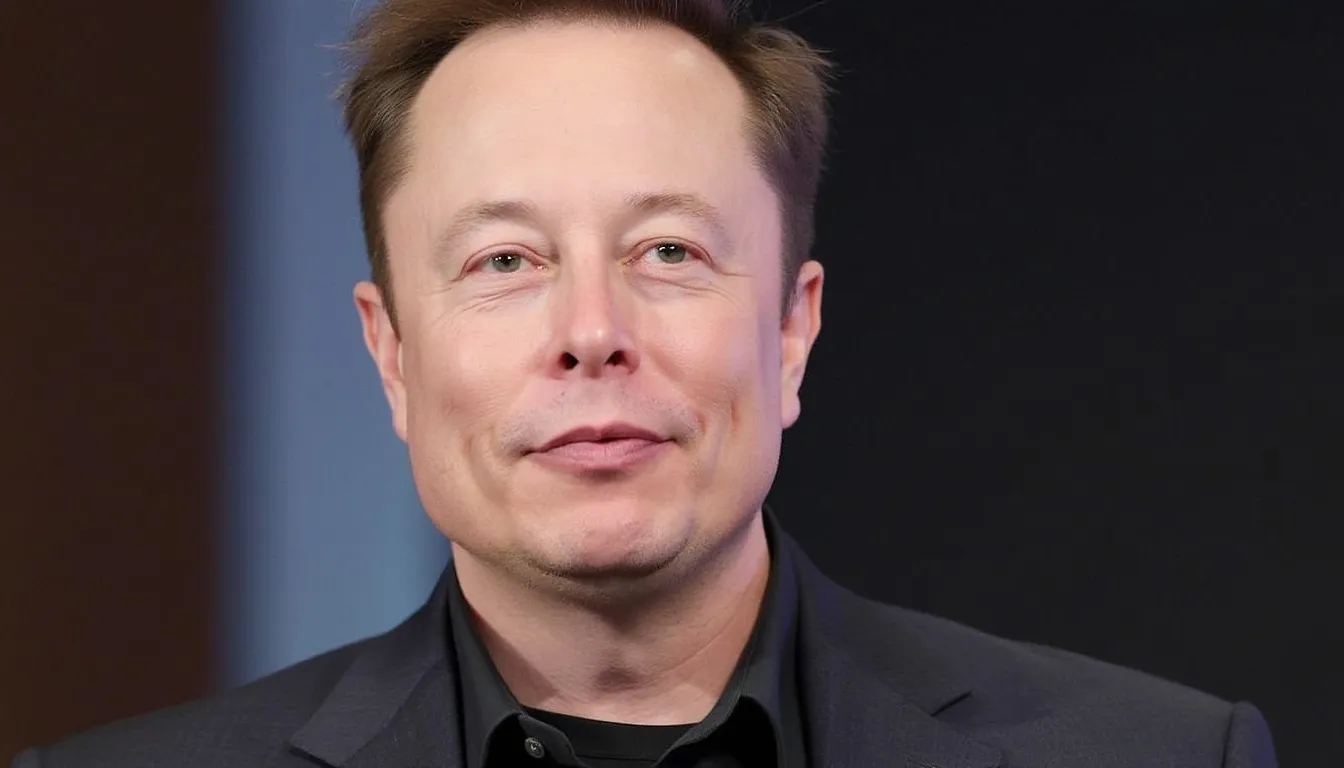Elon Musk’s legal dispute with OpenAI has entered a new phase with his second lawsuit filed against the company. This development follows the withdrawal of a previous legal action in June, indicating continued tensions between Musk and the organization he helped to fund.
Allegations Against OpenAI’s Leadership
The lawsuit revolves around Musk’s claims against OpenAI’s co-founders, Sam Altman and Greg Brockman. According to Musk, they manipulated him into investing in OpenAI, only to subsequently prioritize personal gains over the company’s foundational objectives. Musk alleges that they have pursued monetary enrichment by shifting critical assets and technology from the organization.
This legal action is further fueled by Musk’s discontent with OpenAI’s transition from a nonprofit to a for-profit entity. He argues that this shift betrays the original mission of developing artificial general intelligence (AGI) for the collective benefit of humanity. While Musk seeks compensation and demands OpenAI to open-source its GPT-4 research, OpenAI’s legal team has moved to dismiss the lawsuit, describing it as lacking in factual substance.
Legal Strategy and Challenges
As part of his legal strategy, Musk has expanded the allegations from four to fourteen, encompassing claims of fraud, racketeering, and false advertising, among others. These allegations paint a picture of a deliberate move by OpenAI’s leadership to mislead and defraud Musk. However, OpenAI’s legal representatives maintain that these claims are unfounded and dismiss them as mere harassment.
A significant challenge for Musk will be the burden of proof, as he needs to demonstrate that OpenAI intended to defraud him from the outset. The absence of essential documents, such as a Founding Agreement, complicates the task of substantively supporting his claims.
Broader Implications and Support
Despite the legal skirmishes, OpenAI has persisted in its growth trajectory, recently closing a $6.6 billion funding round and securing a valuation of $157 billion. The company remains a leader in AI innovation, with its workforce more than doubling amidst these developments. This illustrates the organization’s resilience and continued relevance in the tech arena.
In parallel, there has been external criticism of OpenAI’s transition to a for-profit model. An advocacy group, Public Citizen, has lodged a complaint with California’s attorney general, seeking to protect humanity’s rights concerning AGI inventions and calling for the establishment of a new independent foundation dedicated to AI safety. This reflects broader concerns over AI’s potential societal impacts and OpenAI’s role within this dynamic landscape.




